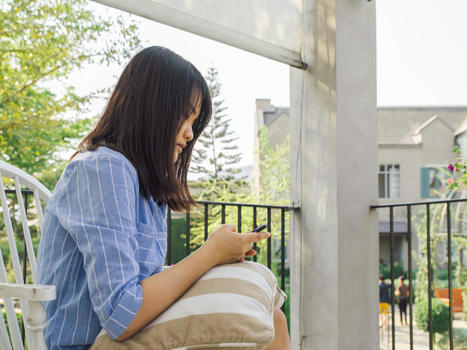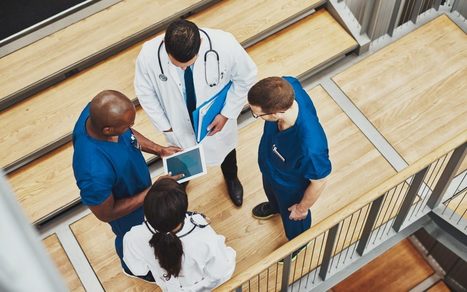Low anterior resection syndrome (LARS) is a common functional disorder that develops after patients with rectal cancer undergo anal preservation surgery. Common approaches to assess the symptoms of patients with LARS are often complex and time-consuming.
Instant messaging/social media has great application potential in LARS follow-up, but has been underdeveloped.
Objective: The aim of this study was to compare data between a novel instant messaging/social media follow-up system and a telephone interview in patients with LARS and to analyze the consistency of the instant messaging/social media platform.
Methods: Patients with R0 resectable rectal cancer who accepted several defecation function visits via the instant messaging/social media platform and agreed to a telephone interview after the operation using the same questionnaire including subjective questions and LARS scores were included. Differences between the 2 methods were analyzed in pairs and the diagnostic consistency of instant messaging/social media was calculated based on telephone interview results.
Conclusions
The instant messaging/social media system provides a promising solution to accommodate the primary follow-up needs of patients with LARS by integrating complex functional follow-up tools into smartphone apps. Although it is currently not a substitute for manual follow-up, it has the potential of becoming a major LARS screening method. However, further research on response rate, information accuracy, and user acceptance is needed before an advanced system can be implemented



 Your new post is loading...
Your new post is loading...









Common approaches to assess the symptoms of patients in long term treatments, currently in practice, include
These are time-consuming and often complex.
With the popularity of smartphones and mobile internet, remote network technology is changing traditional medical behavior